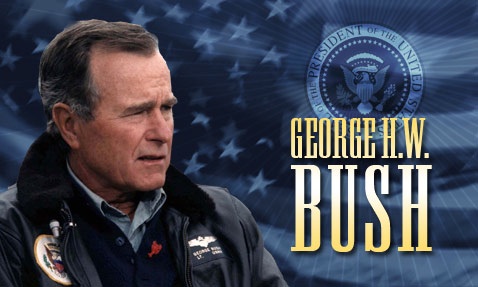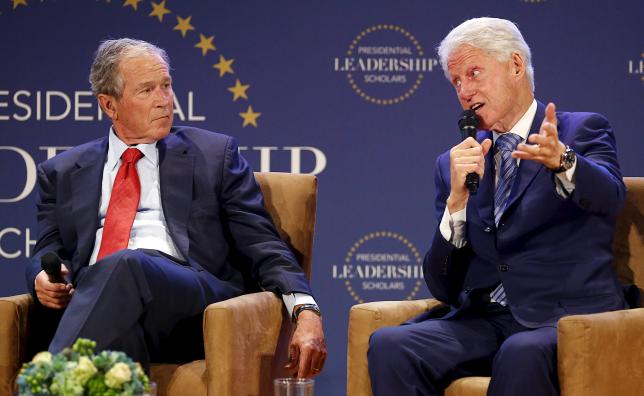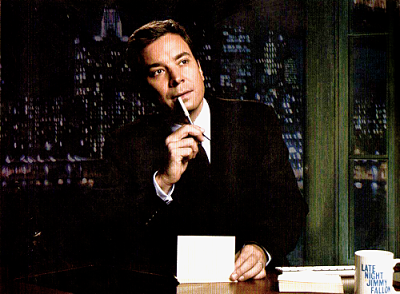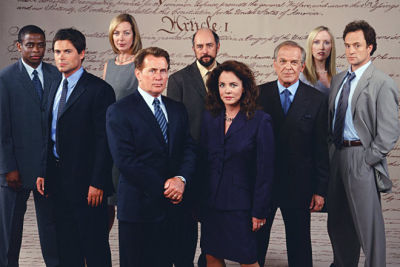President George H.W. Bush is an intriguing political figure. He was a popular wartime president and foreign policy expert. Yet, his presidency was only one term due to failings in communication and domestic policy. I recently read Jon Meacham’s excellent biography, Destiny and Power: The American Odyssey of George Herbert Walker Bush. As an old history major, I find biographies fascinating. Meacham’s account was quite well done and left me thinking about leadership lessons from George H.W. Bush.

George H.W. Bush was as well prepared to assume the presidency as anyone in modern history. He was a decorated pilot in World War II. He served in Congress, as Ambassador to the United Nations, Republican National Committee chair, and eight years as Vice President.
Bush lead during a time of tremendous change with the collapse of the Soviet Union, the reunification of Germany, and the first Gulf War.
However, President Bush also struggled with communicating his vision for the country as well as his domestic policy priorities.
In addition, he was distrusted by movement conservatives within his own party which confronted him through much of his political career.
After reading Meacham’s book, three leadership lessons seem relevant for higher education leaders and more generally.




